Everyone gets anxious sometimes. Maybe you’ve got a big presentation coming up at work, you’re running your first marathon, or you’re working up the nerve to finally ask out your crush. Whatever it is, you feel nervous, perhaps a bit clammy, and your heart might feel like it’s beating faster than usual. But, could you have high-functioning anxiety?
Occasional, small bouts of anxiety and nervousness are a completely normal part of life. These feelings often accompany us when we’re putting ourselves out of our comfort zone. Feeling anxious or nervous about something, in an acute setting, is not a bad thing. In fact, the adrenaline rush that comes with them can help us to perform under pressure and achieve our goals.
What is not okay is having underlying anxiety all of the time. This elevated stress level in your body affects your mental, physical, and emotional health in many ways. The problem is that high-functioning anxiety disorders (HFA’s) are difficult to see – even to the person suffering from them.
What is High Functioning Anxiety and What Types Are There?
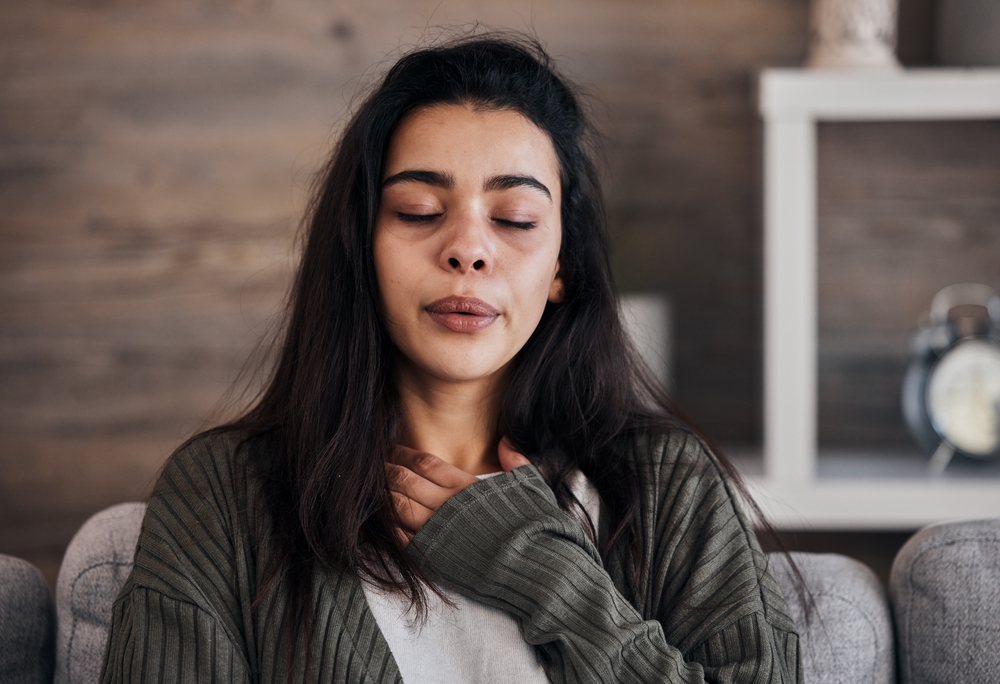
Anxiety is something that affects everyone, from young children all the way up to the elderly. When those feelings persist and become chronic they are no longer acute anxiety but an anxiety disorder. According to the Mayo Clinic, anxiety disorders can be characterized by having frequent intense, excessive, and persistent worry and fear about everyday situations. (1)
Anxiety disorders – whether high- or low-functioning – affect our daily lives. They affect how we interact with people and how we participate in events. They can hold us back from promotions, and relationships, from achieving our goals, and ultimately from leading a truly happy life.
Read More: There’s Proof That Clutter Causes Anxiety; Try Removing These 20 Items To Support Your Mood
Types of Anxiety Disorders
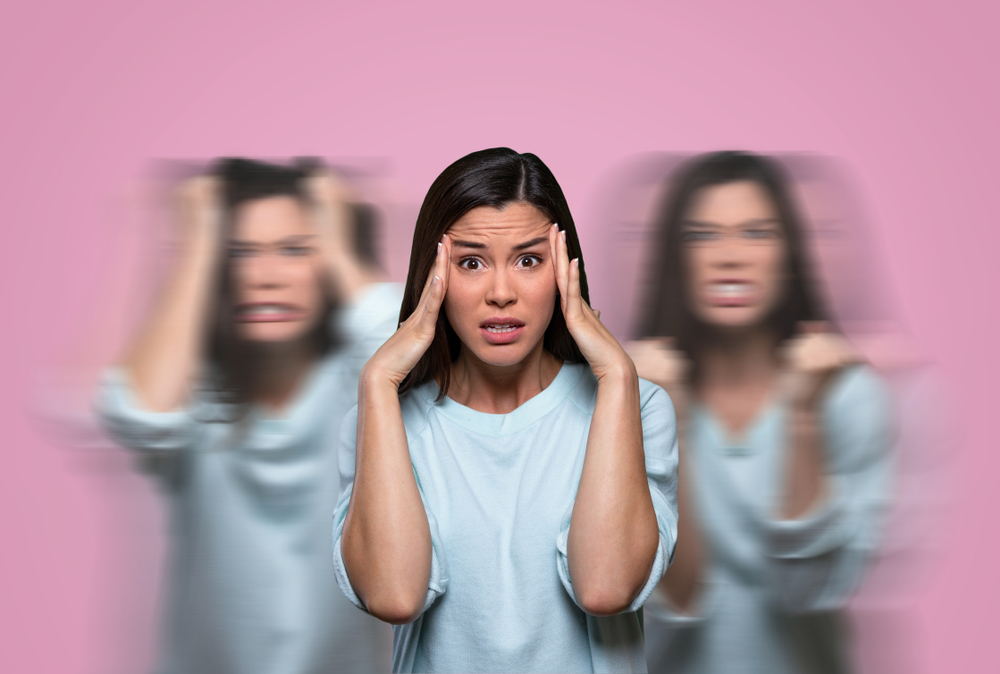
There is a wide range of anxiety disorders and no two people who experience anxiety do so in the same way. These include:
- Generalized anxiety disorder (GAD)
This is excessive, consistent worry about events and activities, including regular daily happenings. Usually, the significance of these events is blown out of proportion in the person’s mind and is often coupled with other anxiety disorders and depression. (1) - Social anxiety disorder
Also known as social phobia, this involves heightened fear and anxiety surrounding social situations. These feelings stem from a fear of being judged, embarrassing oneself, and not being liked or accepted. It is often paired with a mild to severe lack of self-confidence. There is a range in intensity, with the higher end causing people to avoid social situations as much as possible. (1) - Specific phobias
This is when anxiety primarily occurs only when the person is exposed to a specific object, person, or situation. Intense panic attacks can often accompany this disorder. (1) - Separation anxiety
Most often seen in children, it is characterized by an excessive level of anxiety in relation to the child’s stage in development when separated from their primary caregiver. (1) - Agoraphobia
This is an intense fear of people, places, or situations that induce panic attacks and feelings of being trapped, embarrassed, and helpless. (1) - Anxiety due to a medical condition
Typically this is characterized by intense anxiety or panic attacks caused by a physical health problem. Often people with chronic conditions can experience anxiety in certain situations due to their existing condition. (1) - Panic disorder
This disorder involves sudden, intense feelings of terror, fear, and anxiety that culminate in a matter of minutes. Common symptoms associated with panic attacks are heart palpitations, chest pain, shortness of breath, and feelings of impending doom. This often becomes a cycle, as one becomes increasingly anxious about having another panic attack, which can cause them to happen with more frequency and intensity. (1) - Selective mutism
Also seen primarily in children, this is when one fails to speak in situations that cause them anxiety. For many children, this is at school or in large group settings, while at home they have no problems speaking up. (1) - Substance-induced anxiety disorder
These are anxiety and panic attacks brought on by the misuse of drugs, after taking a medication, after exposure to a toxic substance, or when going through substance withdrawal. (1)
- Post-traumatic stress disorder (PTSD)
PTSD occurs when one goes through trauma – perhaps witnessing the loss of a loved one, a bad car accident, or an assault. It is frequently seen in military personnel, but can also be seen in police officers and other emergency response workers and even in nurses and doctors. There are many different categories of PTSD that are usually linked to the anxiety disorders listed above. For example, PTSD and social anxiety disorder, PTSD and panic disorder, or PTSD and obsessive-compulsive disorder. Often substance use and other mental health problems accompany PTSD. (2) - Other specified and unspecified anxiety disorders
These terms are for any anxiety or phobia that does not fall under the other categories but still affects one’s ability to live a normal life. (1)
What is high-functioning anxiety disorder?
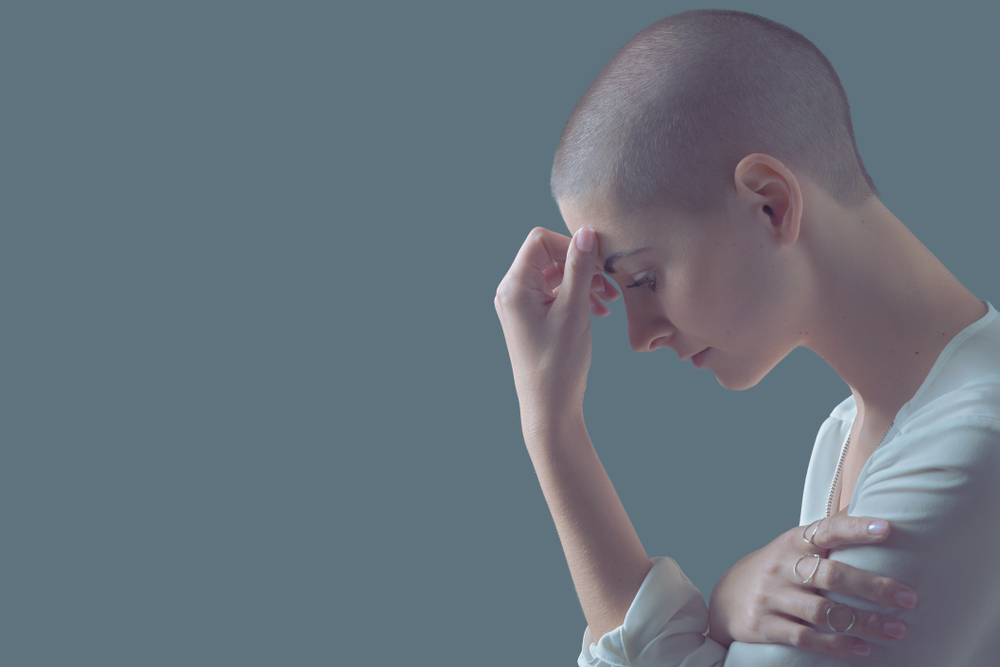
High-functioning anxiety disorder (HFA), as you can imagine, does not fit into any of those categories. Whereas other anxiety disorders cause people to be paralyzed in fear, high-functioning anxiety is often a huge driving force in that person’s success. (3)
There are several characteristics that people with high-functioning anxiety usually have (3):
- Successful, high-achievers
- Involved in their communities
- They show up early
- Always ready and willing to work hard
- Go out of their way to help others
- They have a full schedule and a busy social life
The problem? Much of their success is driven by a fear of failure, a fear of letting people down, and a fear of not being liked or accepted by others. The stress they are under wreaks havoc on their health, whether they realize it or not, and they are on track for an eventual nervous breakdown. (3)
Even those closest to someone with high-functioning anxiety may not realize that the person is struggling. After all, they’re always positive and full of can-do energy. In fact, perhaps even the person suffering doesn’t realize what’s happening. (3)
Characteristics of people with high-functioning anxiety
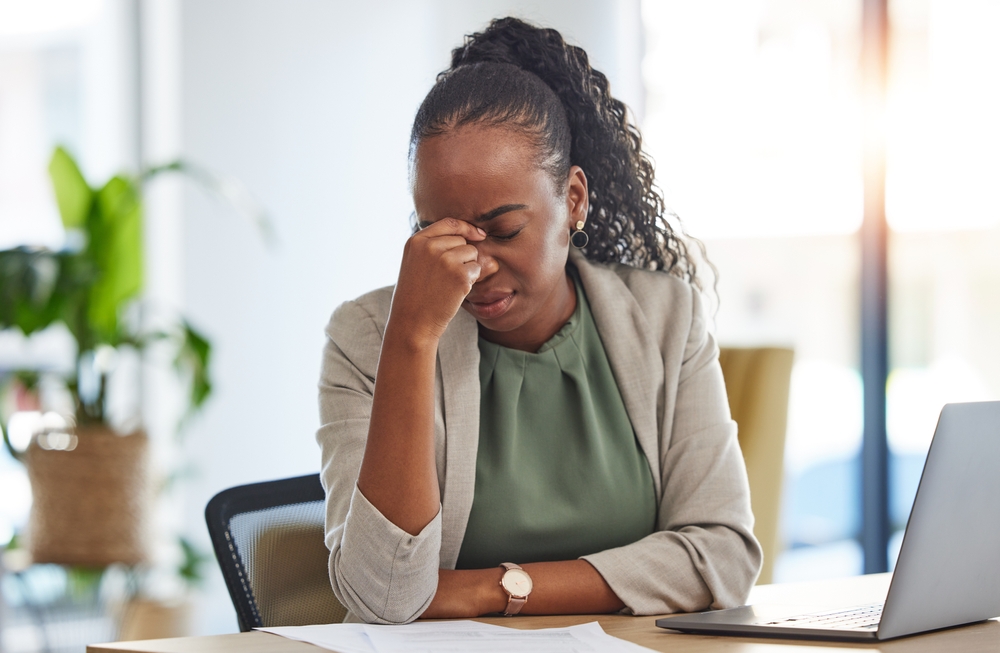
There are many traits that people with high-functioning anxiety often have in common. Some of these are good qualities to have, while some may be having a negative impact on that person’s life (3). Here are 23 signs, both good and bad, that you may have high-functioning anxiety.
Positive qualities include (3):
- Outgoing personality
- Highly punctual
- Always plan ahead
- Detail-oriented
- Organized
- Very active
- High-achieving
- Passionate
- Loyal
- Helpful
Negative aspects are (3):
- Talks a lot (also known as “nervous chatter”)
- People pleasers to a fault
- Overthinkers
- Develop nervous habits (bites fingernails, cracks knuckles, plays with hair)
- A constant need for reassurance
- Avoids eye contact
- Procrastination followed by stressful periods of last-minute cramming
- Racing mind and difficulty sleeping
- Inability to enjoy the moment but also finds the future scary
- Unfairly compare themselves to others
- More likely to stay in toxic relationships
- Mental, physical, and emotional fatigue
- May develop unhealthy coping mechanisms
As mentioned before, it can be hard even for the person suffering to realize that they have bad anxiety, and even harder for those around them to see it. Even if they do realize it, they may not seek help. Perhaps they are afraid that they will be less driven and therefore less successful, or maybe they don’t think that their problem isn’t “big” enough to warrant someone’s time and attention.
Whatever the reason, many people with high-functioning anxiety live for years, perhaps even their whole lives, dealing with that constant state of unnecessary stress.
Read More: Panic attacks and anxiety are linked to certain vitamin and mineral deficiencies
Signs you have an anxiety disorder
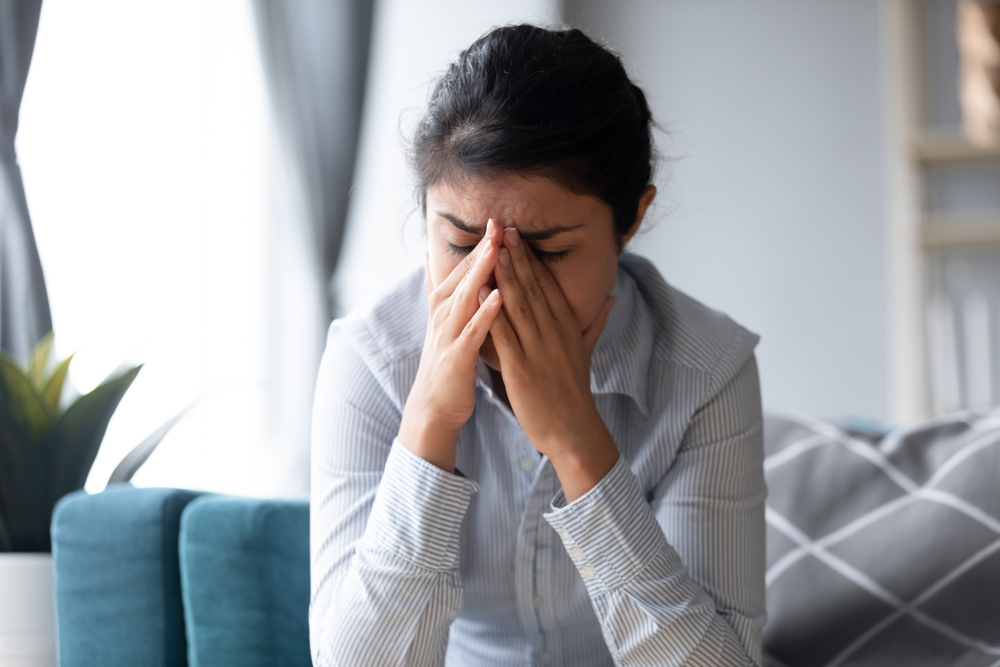
If you are sitting here reading this and thinking “I think I may have anxiety”, then you probably do. This is nothing to be ashamed of and you are not alone. Approximately 19% of American adults have an anxiety disorder – that’s roughly 62 million people. (3)
Signs that you may have an anxiety disorder are:
- You feel as though you are worried much of the time and it is affecting your personal and/or professional life.
- You dislike your fear and worrying but find it hard to control.
- You feel depressed or have other mental health concerns.
- You have issues with alcohol and/or substance abuse.
- You’re experiencing a physical health problem that you believe may be linked to your anxiety.
- You are having suicidal thoughts.
If you are experiencing any of these thoughts or behaviors, visit your doctor or reach out for help. If you are experiencing suicidal thoughts or behaviors get emergency treatment immediately.
Diagnosis and Treatment

There are a few steps to receiving a diagnosis and then treatment for anxiety.
- Visit your doctor. They will determine whether your anxiety is affecting your physical health or whether there is an underlying physical condition that may be contributing to your anxiety. They will also be able to refer you to a psychiatrist who will be better equipped to help you with your mental health. (1)
- The practitioner will give you a psychological evaluation simply by talking to you about your thoughts, feelings, and behaviors. This helps them to not only pinpoint what might be causing your anxiety but also if there are other mental health issues happening. (1)
- They will compare your symptoms to the Diagnostic and Statistical Manual of Mental Disorders (DSM-5) to help them diagnose an anxiety disorder. (1)
All of these steps will help to then determine what the best treatment method or methods will be for you.
Anxiety Treatment

There are two primary treatment methods for anxiety: psychotherapy and medication. That being said, there are other options as well that may suit someone with high-functioning anxiety disorder. Your diagnosis will direct which option is best for you.
- Psychotherapy
This is psychological counseling, also known as going to therapy. You have regular sessions with a licensed therapist who will help you work through the causes of your anxiety and help provide you with solutions to overcome it. The most common type of therapy used for anxiety is Cognitive Behavior Therapy (CBT). CBT teaches you skills to gradually overcome your anxiety and often employs exposure therapy to slowly work away at your triggers until they no longer cause you anxiety. (1) - Medications
For more intense anxiety disorders, such as the ones listed earlier, medications may be prescribed to help you manage your symptoms. You will also be set up with a therapist. There are many different types of medications for anxiety depending on the diagnosis. You will work together with your doctor and therapist to determine which medication is right for you and at what dosage. (1) - Mayo Clinic Anxiety Coach
There are many online websites and apps that you can use to help you manage your anxiety. If you are a parent of a child dealing with anxiety, however, your options might seem more limited. Thankfully, the Mayo Clinic has an online anxiety coach designed for children and teens to work through treatment right at home. (4)
There are two separate resources on the site: one for children, teens, and their families who are dealing with anxiety disorders and OCD, and the other for stress management for children and families going through challenging and unsettling times. (4)
To learn more about this resource, contact your Mayo Clinic provider. (4) - Lifestyle Changes
While therapy is a good idea for everyone, there are many cases where therapy is not accessible or you are put on a waiting list for a therapist that is several months long. Lifestyle changes can be an excellent supplement to other forms of treatment or help you manage your symptoms if therapy is not available.
There are several lifestyle habits that can affect your level of anxiety and the ability to handle stressful situations.

Consider making some of these changes to help manage your symptoms:
- Exercise/stay active: Bonus points if you can do so outdoors.
- Avoid alcohol: Drinking to relieve anxiety can cause dependency problems.
- Quit smoking: While many smokers use this to relieve anxiety, studies show that this dangerous habit can actually increase your anxiety over time.
- Reduce caffeine intake: Caffeine can increase your heart rate and cause nervous jitters, which will make your anxiety worse. For those with panic disorder, caffeine intake can actually bring on panic attacks.
- Sleep: Many people who suffer from anxiety also experience insomnia and are chronically fatigued. This makes handling anxiety and stress even more challenging. Develop a regular sleep routine where you are going to bed and waking up at the same time each day. Avoid activities, such as caffeine late in the day, naps, or excessive screen time in the evening, that can affect your ability to sleep.
- Learn to meditate: A racing mind is a common complaint amongst those who suffer from mild to severe anxiety. There are many apps and online resources you can use to learn to meditate. Headspace and Insight Timer are fantastic options that allow you to take meditation at your own pace.
- Eat a healthy diet: There is a connection between the gut, the body, and your mind. When you eat well and are well-hydrated, your body will feel better and therefore your mind will be clearer. Avoid processed, sugary, and salty foods. Eat plenty of fruits and vegetables, healthy proteins and fats, and avoid foods that cause inflammation and gastric upset.
- Breathing exercises: Often when experiencing anxiety or a panic attack your breath becomes short and shallow. This usually increases anxiety and can make you feel dizzy or lightheaded. Counteract this by focusing on taking long, deep breaths in through your nose and out through your mouth. Continue doing so until you begin to feel calmer and more in control.
Are there natural remedies for anxiety?
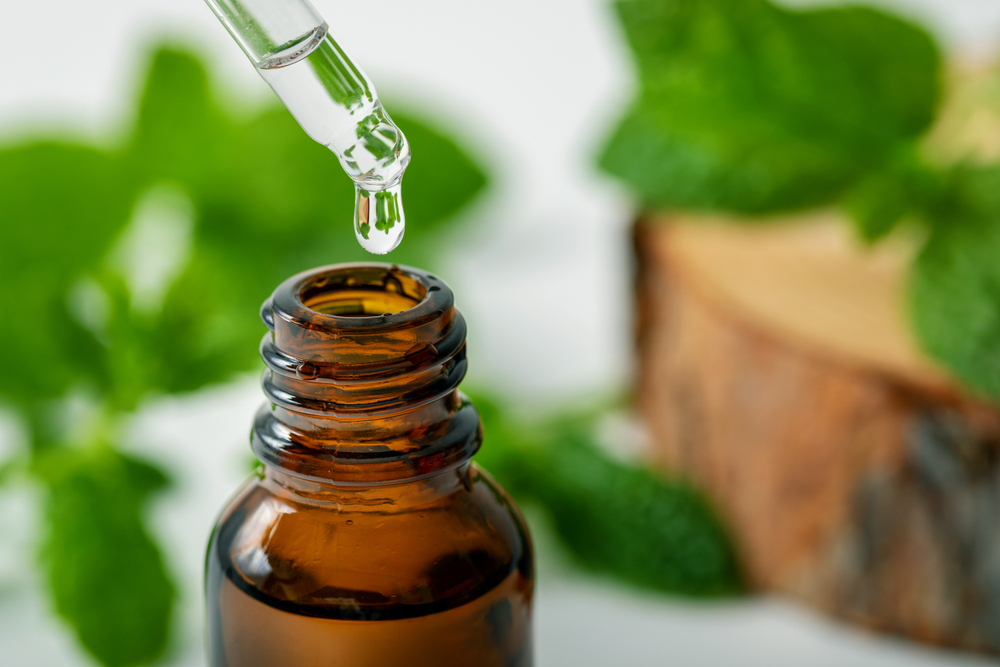
There are plenty of natural substances that can help us relax and combat stress and anxiety. These can also be used in conjunction with other treatment options. It is important to note that if you are taking any medications, you should always check with your doctor to avoid bad reactions. In general, many of these are useful for mild forms of anxiety, including symptoms of HFA.
Aromatherapy: The essential oils used in aromatherapy can have a variety of relaxing effects on the body. There are many essential oils to help with a variety of ailments, however, the ones best for anxiety and to aid in relaxation are:
- Lavender
- Grapefruit
- YlangYlang
- Clary Sage
- Bergamot
Essential oils can be diffused or diluted and applied topically using a carrier like sweet almond or grapeseed oil.
Chamomile tea: There are many teas that have calming effects, however, chamomile is top of the list for calming your nerves and promoting sleep. It can be an excellent supplementary treatment for those with generalized anxiety disorder but can be useful for HFA as well.
Vitamins and Dietary Supplements
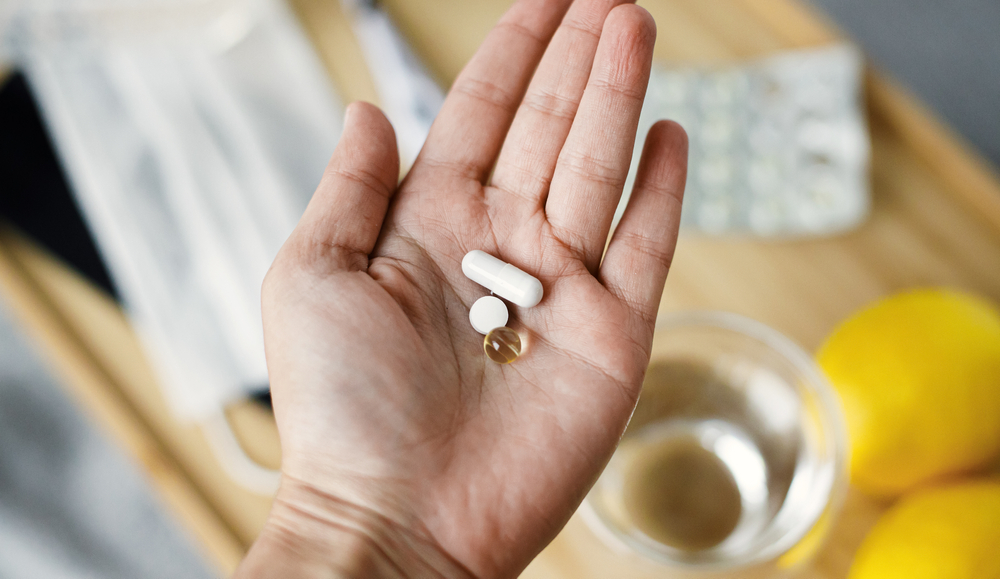
Though not a replacement for a healthy diet, vitamin supplements can do wonders for people’s mental health. Anxiety can sometimes be associated with low levels of certain vitamins, so supplementing can be beneficial in decreasing symptoms. These vitamins and other supplements are:
- Vitamin A
- B-complex vitamins
- Vitamin D
- Vitamin C
- Vitamin E
- Fish Oil/Omega-3 fatty acids
There are other supplements that you can take as well, all of which help to reduce anxiety symptoms in their own way.
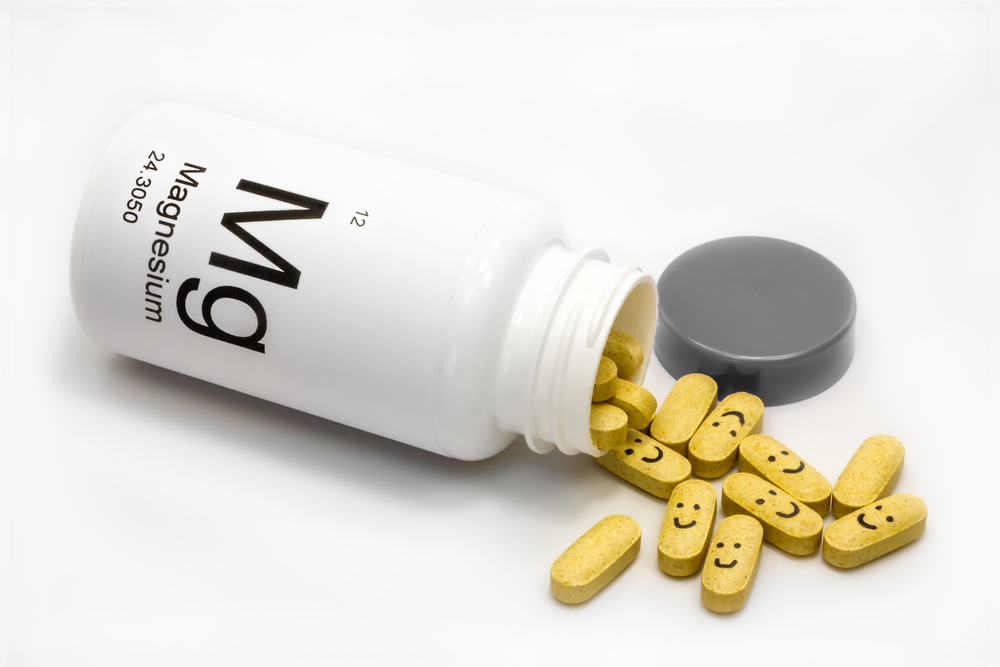
- Gamma-aminobutyric acid (GABA): GABA is an amino acid that acts as a neurotransmitter in the brain. Low levels can trigger or worsen anxiety symptoms. More research is needed into supplementation and its effects on levels in the body. You may wish to speak with a naturopathic doctor for recommendations on how to use this supplement to combat anxiety. (5)
- L-theanine: This is another amino acid that is found in green tea. It is a relaxing agent that can simultaneously reduce the perception of stress while also boosting attention and productivity. You can take L-theanine as a supplement. (5,6)
- Magnesium: Magnesium is an essential mineral and electrolyte for the body. Suboptimal magnesium intake can lead to a variety of different health issues, anxiety being one of them (5). Supplementing with magnesium can help your body to relax and when taken before bed can help you get a better night’s sleep. That being said, taking too much can cause gastric upset and diarrhea (7). If that happens to you, just reduce the amount you are taking or try taking magnesium glycinate, which is more bowel-tolerant.
- 5-hydroxytryptophan (5-HTP): 5-HTP is the compound that is converted into the neurotransmitter serotonin in the brain, also known as the ‘happiness neurotransmitter’ (8). People who suffer from anxiety and depression often have low levels in the body. Supplementation has been found to increase levels and improve the mental health status of the individual (5).
Herbal remedies
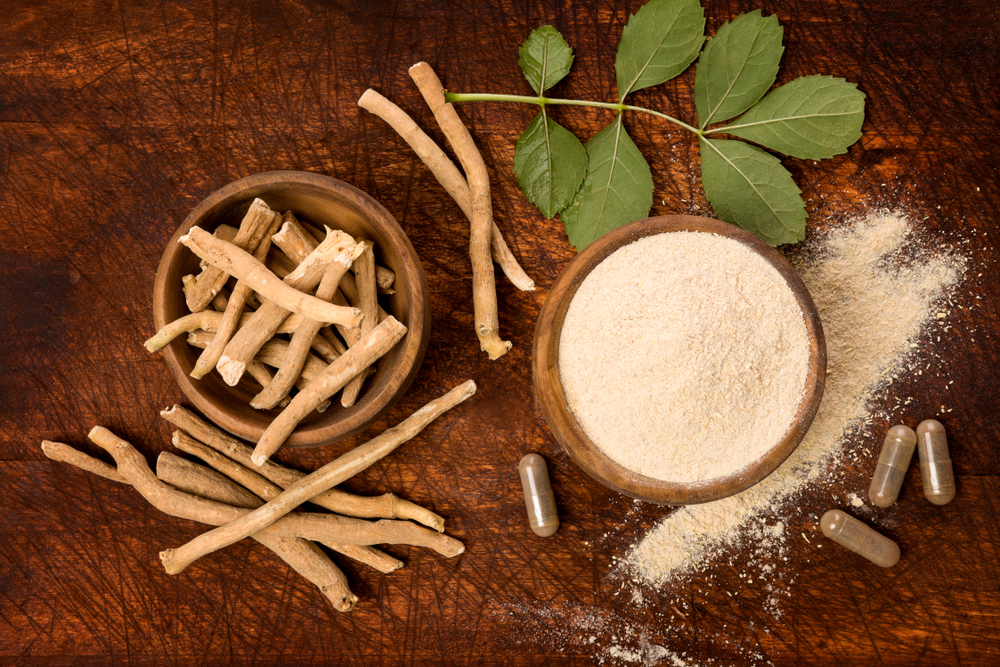
There are a few herbal remedies that contain phytochemicals that may also help you manage anxiety symptoms.
- Ashwagandha: This is an ayurvedic herb and adaptogen and is a traditionally used medicine from India. Though more studies need to be done on optimal dosage, Ashwagandha has been found to help:
- Reduce cortisol levels (the stress hormone)
- Reduce insomnia and fatigue
- Improve symptoms of depression (9)
- Kava: Kava kava is a plant from the Pacific islands and can be made into a natural calming tonic. It can be taken several times throughout the day or as a single dose before bed. (10) This works acutely, for temporary relief.
- Passionflower: Another folk remedy for anxiety, a study performed using passionflower (Passiflora incarnate) in 2017 found that it has powerful anti-anxiety effects. (11)
- Valerian: Valerian root is most commonly used as a sleep remedy. Drank as a tea, it is used to soothe anxiety and promote sleep. Proper sleep, as we know, will also help to reduce anxiety. More studies need to be done for more conclusive evidence as to its efficacy. (12)
- Lavender: Lavender has long been used in aromatherapy as a relaxing agent. It has been found to reduce insomnia and improve sleep quality, as well as temporarily relieve anxiety. (13) Lavender can be used as an essential oil but is available in capsule form as well.
As always with natural and herbal remedies, it is important to speak to a doctor or naturopath before using them. They will help you determine if the remedy is right for you, what your personal optimal dosage is, and help you to determine which ones may have a reaction to medications you may already be taking.
The Bottom Line
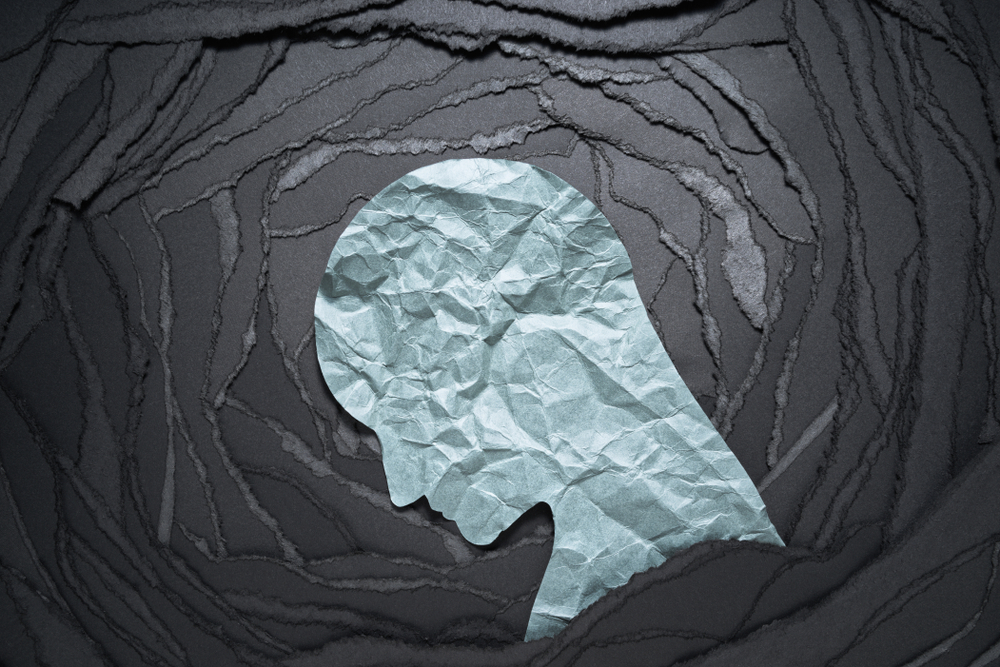
Anxiety and anxiety disorders are nothing to be ashamed of, nor are they something anyone should have to live with. If you are struggling, tell a close friend or confidence, and make sure you get help. No matter how “mild” your anxiety may be, anxiety is stress, and stress affects your health and your ability to live a happy life. Always practice full disclosure to doctors and naturopaths to avoid negative reactions to medications and supplements and consult your healthcare provider before making any changes to your current treatment plan.
Anxiety disorders are complex issues and have a wide range of severity. What works for one person may not for another, and most people usually require a combination of treatments discussed in this article. This is why it is important to work with a physician, no matter how high-functioning your anxiety may be, to find the best solutions for you. For those with severe anxiety disorders, many natural remedies on their own can’t replace the effects of pharmaceutical medications. No one should have to live with anxiety, including you. Reach out and get help today so you can have a happier, healthier future.
Disclaimer: This information is not intended to be a substitute for professional medical advice, diagnosis or treatment and is for information only. Always seek the advice of your physician or another qualified health provider with any questions about your medical condition and/or current medication. Do not disregard professional medical advice or delay seeking advice or treatment because of something you have read here.
Sources
- https://www.mayoclinic.org/diseases-conditions/anxiety/symptoms-causes/syc-20350961
- https://www.verywellmind.com/ptsd-and-other-anxiety-disorders-relationship-2797549
- https://www.verywellmind.com/what-is-high-functioning-anxiety-4140198
- https://www.verywellmind.com/what-is-high-functioning-anxiety-4140198
- https://examine.com/supplements/theanine/
- https://examine.com/supplements/magnesium/
- https://examine.com/supplements/5-htp/
- https://examine.com/supplements/ashwagandha/
- https://examine.com/supplements/kava/
- https://www.ncbi.nlm.nih.gov/pmc/articles/PMC5217504/
- https://examine.com/supplements/valeriana-officinalis/
- https://examine.com/supplements/lavender/

